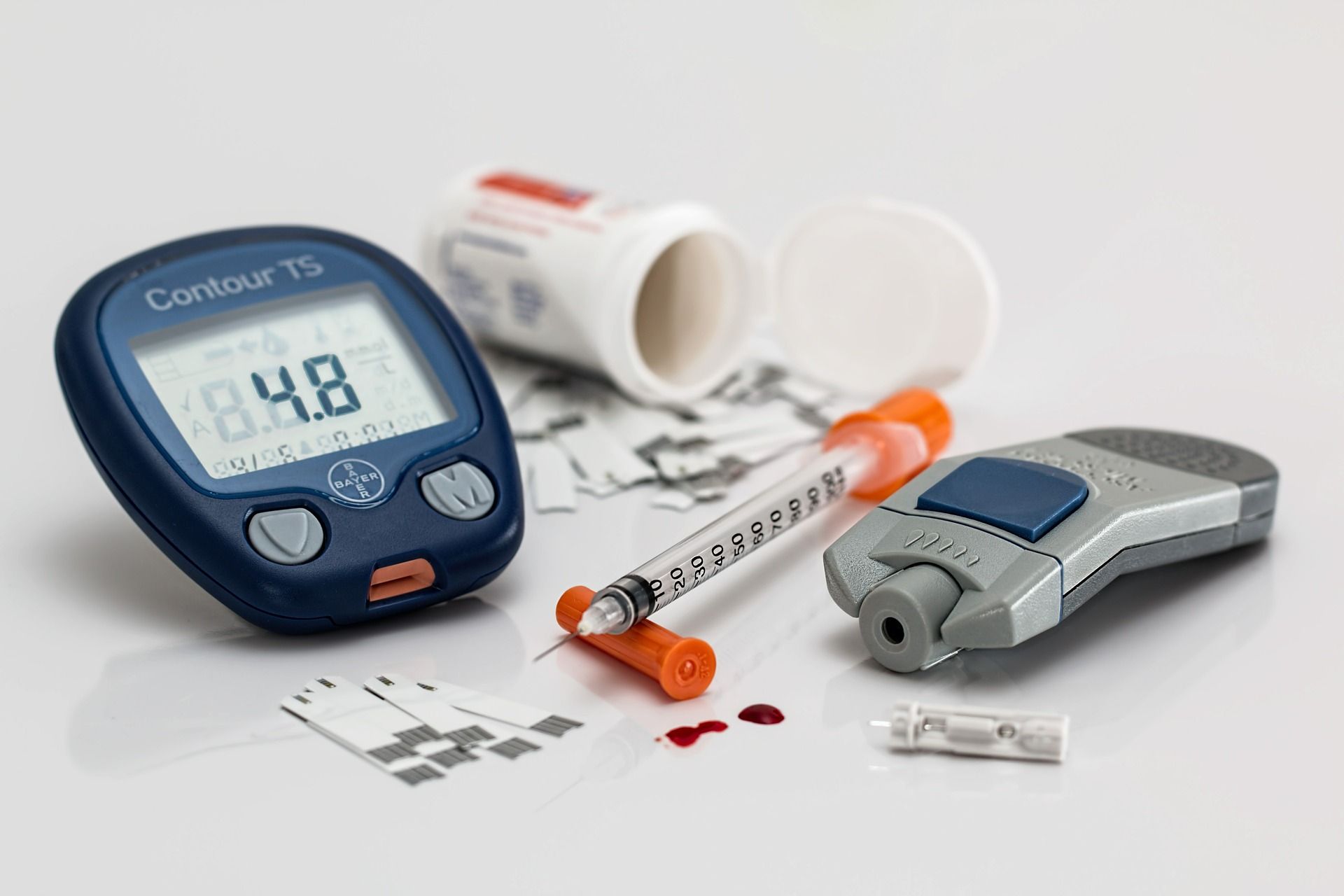world diabetes day 2024: ending stigma starts with awareness and education
living with diabetes is a challenge on its own, but when you throw stigma into the mix, disease management becomes that much more difficult.
nhl player max domi aims to 'demystify' type 1 diabetes in new podcast
max domi is determined to support and inspire others who are living with the type 1 diabetes, athletes or not, to manage a disease that can be stressful and complex.
study shows flash glucose monitoring reduces risk for diabetes patients
the results of the frontier study showed that flash glucose monitoring use by ontarians living with diabetes reduces the risk of developing acute adverse diabetes-related events.
 6 minute read
6 minute read























